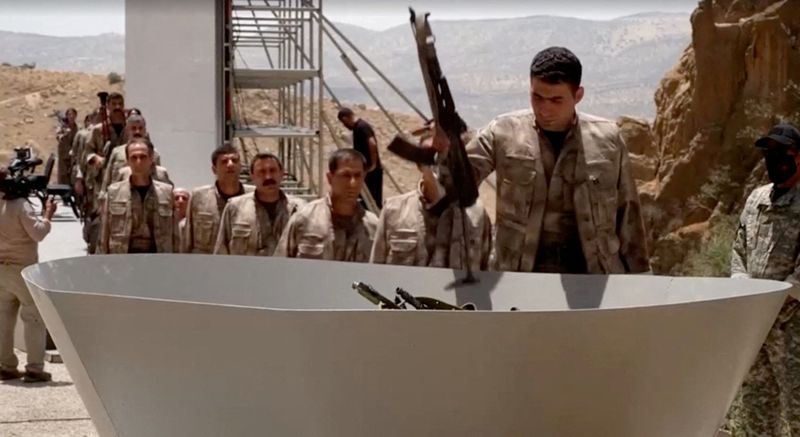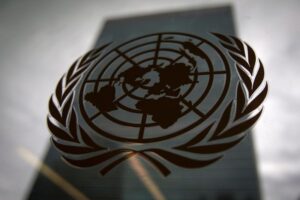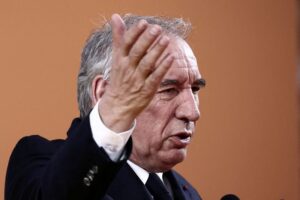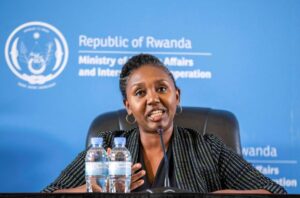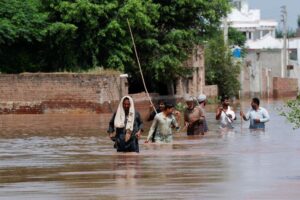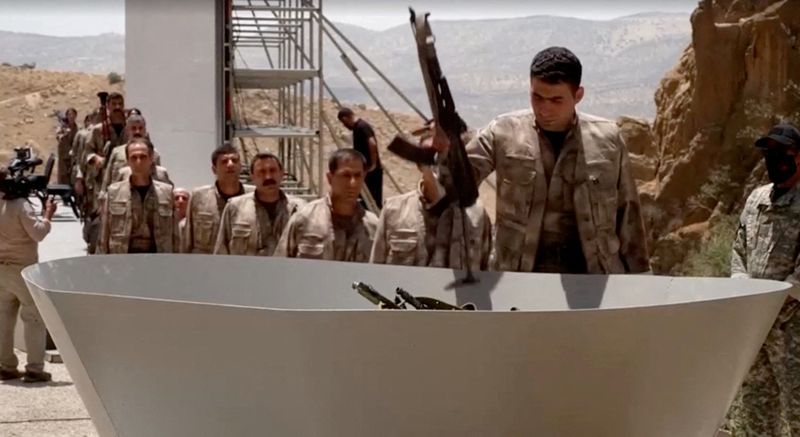
ANKARA (Reuters) -Senior Kurdish lawmakers in Turkey say a lasting peace with the Kurdistan Workers Party (PKK) requires legal protections for militants who disarm, direct talks with the group’s jailed leader and an easing of a crackdown on the opposition.
Turkey’s parliament launched a commission earlier this month to oversee the disarmament of the outlawed PKK militant group after its jailed leader Abdullah Ocalan in February called for an end to its insurgency.
The two sides are trying to resolve a four-decades conflict that has also spilled over into neighbouring Syria and Iraq.
In separate interviews with Reuters, the two MPs – Meral Danis Bestas and Gulistan Kilic Kocyigit – said the commission must quickly move on from procedural debates to enacting reforms to maintain momentum after the group in May said it would disarm.
Designated a terrorist group by Turkey and its Western allies, the PKK had originally fought for an independent Kurdish state in the southeast but later demanded only greater Kurdish rights and democratic reforms.
About 30 of its fighters burned their weapons in July in a symbolic ceremony in northern Iraq, where they are now based, after years of bombardment by the Turkish military.
“These people do not leave their weapons to go to prison… They say, ‘we want to do democratic politics, we want to struggle with words, not arms’,” said Bestas, a lawmaker of the pro-Kurdish DEM Party, the third-largest in Turkey’s parliament.
Kocyigit, a DEM leader representing the party on the commission, said it must discuss a “Return Home” law protecting those who lay down arms and want to participate in social and political life in Turkey.
DEM, long a fierce critic of Turkish President Tayyip Erdogan’s policies, has played a critical role alongside the government in pushing for peace, including facilitating Ocalan’s call for disarmament in February.
The DEM lawmakers said that the 51-member commission should send a delegation to hear directly from Ocalan at his island prison near Istanbul, where he has been held since 1999.
“The commission must meet with Mr. Ocalan. This is, for us, a very clear, straightforward, and indisputable demand,” Kocyigit said, given his initial call for peace.
There was no immediate comment from Turkish President Erdogan’s office on the lawmakers’ remarks.
CRACKDOWN ON OPPOSITION
The DEM lawmakers praised steps taken so far by the commission, which held its sixth meeting this week, but urged members to move more quickly on reforms and to tackle bigger questions of democracy and rights.
This includes a separate legalcrackdown on the main opposition Republican People’s Party (CHP), which has seen hundreds of its elected mayors and members jailed this year. The clampdown is undermining the commission’s work, the lawmakers said.
Among those detained is Ekrem Imamoglu, the CHP mayor of Istanbul who is seen as Erdogan’s main rival, who has been jailed pending trial since March in a corruption case that drew big protests.
“Despite all the operations carried out against CHP by the government, especially through the judiciary, the party’s decision to join the commission and to be present there is truly valuable,” Kocyigit said.
Success also hinges on Erdogan offering stronger backing to the commission and easing social tensions by avoiding polarising rhetoric, the DEM MPs said.
“Our expectation is that the President adopts an approach that strengthens the commission’s work and helps ease today’s tense political atmosphere,” Kocyigit said.
(Writing by Ece Toksabay; Editing by Jonathan Spicer and Sharon Singleton)
